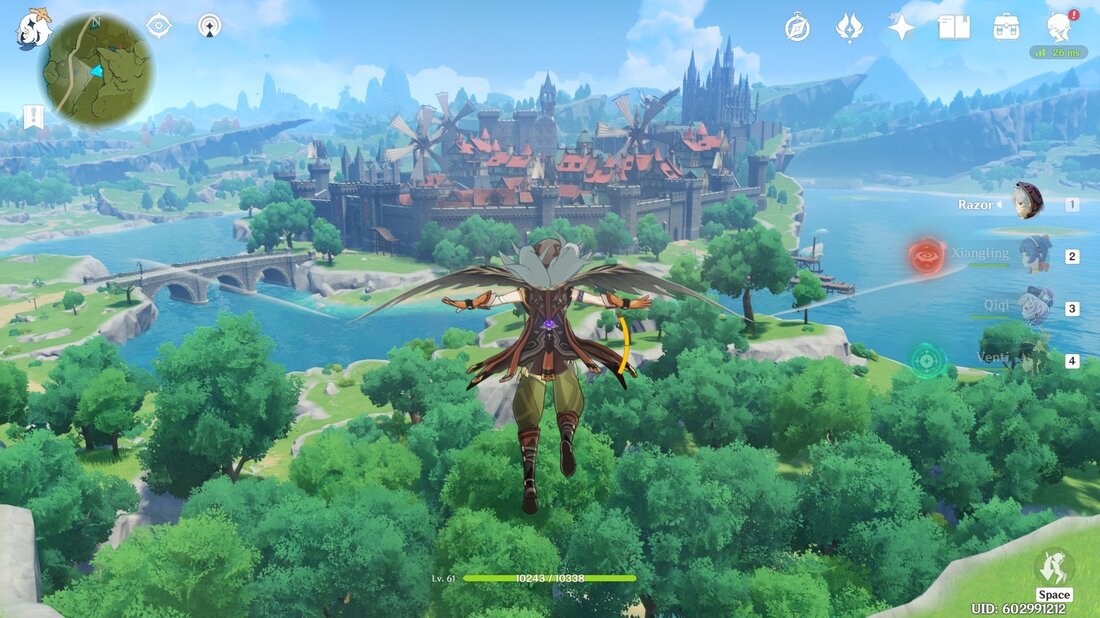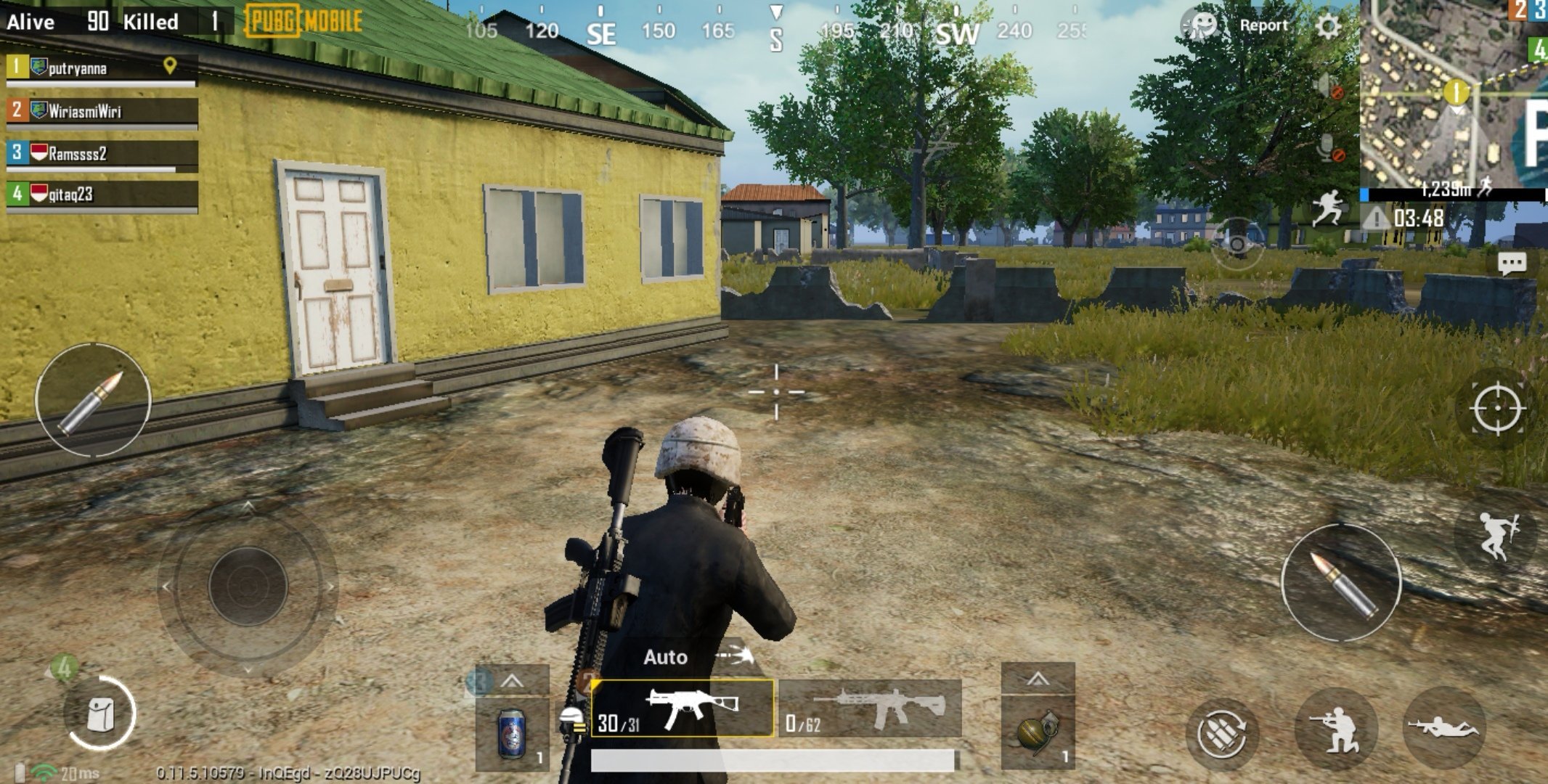
How Game Localization Enhances the Experience for Indonesian Players
The Indonesian gaming industry is growing continuously. While the number of gamers from both mobile and PC platforms keeps on increasing, Indonesia has now become one of the largest markets in Southeast Asia. This is not surprising, considering the enthusiasm of the public toward technology, expanded access to the internet, and fast-growing communities of active gamers. All these signs point to immense market potential, offering a huge opportunity for global game developers to reach millions of local players.
However, that does not automatically put games at the level required by Indonesia just because such games are offered in English or in internationally acceptable formats. Localization is what holds the key to setting up a more relevant and engaging experience for Indonesian players. By adapting the language, culture, and all elements of the locality, localized games are in a position to raise the emotional connection with players and thereby bring satisfaction, ensuring long-term engagement.
Understanding Game Localization
Game localization involves altering a game to fit the language, culture, and context that best suit the specific target market. The process is much more than just translating the texts involved but includes changing various elements in the game to make it look relevant and attractive to the locals. While translation would involve changing words or phrases from one language to another, localization involves larger components, like humor, symbols, or even the development of visual designs, in accordance with local culture. The key elements in the localization of a video game are as follows:
Language: Editing texts, dialogues, and instructions regarding grammar and the communicational flow suitable for the target audience. This also includes idioms, slang, or phrases that are appealing to the locals. Culture: Culture is then adapted toward changing visual elements into items from your local culture, cultural references, even the naming of characters, like anything that uses traditional motifs or perhaps just mentions popular food or festivals. Context: It means adjusting gameplay or storylines to resonate with locals, with missions or tasks that are relevant to real-life situations and customs.
First, localization is a very important key to the success of global games, since it makes the gaming experience more immersive and personalized. Gamers are more likely to play a game if the setting feels more familiar and relevant to them. Moreover, well-localized games can increase player loyalty, widen market reach, and improve developer revenue. For markets like Indonesia, where language and cultural nuances are strong, localization is a necessary way for developers to capture the hearts of gamers.
The Importance of Localization for Indonesian Players
 Localization in games plays a vital role in overcoming the language barriers that often challenge players in Indonesia. Though most Indonesian gamers know some English, they prefer to be comfortable with their mother tongue while playing games. With localization, it is possible to display the game in Indonesian, properly grammar-wise, term-wise, and with an appropriate way of communicating or expressing phrases. Localization will save players from misunderstanding instructions or some storyline in a game, thereby increasing overall satisfaction.
Localization in games plays a vital role in overcoming the language barriers that often challenge players in Indonesia. Though most Indonesian gamers know some English, they prefer to be comfortable with their mother tongue while playing games. With localization, it is possible to display the game in Indonesian, properly grammar-wise, term-wise, and with an appropriate way of communicating or expressing phrases. Localization will save players from misunderstanding instructions or some storyline in a game, thereby increasing overall satisfaction.
Besides overcoming language barriers, cultural adaptation is essential for gameplay to be relevant and interesting. Translation in effective localization goes further than converting words; it needs to carry the cultural resonance with local players. For instance, foreign cultural references should be replaced with something more local, such as Indonesian humor or traditional elements like iconic foods or national festivals, to make the game more emotionally engaging for its audience.
A very good example of how localized content increases the engagement of players is the success of games like PUBG Mobile and Mobile Legends. Both of these games have engaged millions of Indonesian players by adding local flavor to the games, such as characters inspired by Indonesian culture or special events in the game aligned with national holidays. In this way, not only do players feel valued, but they are also motivated to play more frequently and deeply engage with the community of the game.
Cultural Nuances in Indonesia’s Gaming World
Indonesian gamers have unique characteristics, be it in the genre or gaming habits. Mobile gaming is dominating this market, with titles like Mobile Legends, PUBG Mobile, and Free Fire on the top. Popular genres among Indonesian players include battle royale, MOBA, and RPG, which offer competitive challenges and teamwork elements. Lastly, most Indonesians like to play late at night because the night is free, while daytime hours might be reserved for work or school activities.
Themes and humor that are culturally relevant to the Indonesian market are very important for enhancing the player experience. Games with storylines or elements relating to everyday life are much more likely to hold the attention of Indonesians. For example, incorporating traditional Indonesian dishes into games, featuring local Indonesian historical figures, or humor that reflects a distinctly Indonesian sensibility creates a far more personal and delightful experience.
One successful example of localization is Mobile Legends, which introduced the character Gatotkaca, a legendary hero from Javanese mythology. The character also serves as a cultural symbol and demonstrates that the developer values Indonesian players. This approach increased the game’s popularity and fostered a stronger emotional connection with the local audience.
How Localization Enhances the Gaming Experience
Localization plays an important role in enhancing game immersion and emotional connections using the local vernacular. In the case of Indonesian players, when a game is fully localized in Bahasa Indonesia, they are better at understanding the storyline, dialogues, and in-game instructions. This seamless adaptation of the language makes players feel much closer to the characters, the environment, and eventually the storyline itself. Once the players experience familiar expressions or references in their own language, it creates an emotional bond with the game that enhances satisfaction and investment.
Further, localization enhances accessibility for gamers with limited fluency in the English language. While most Indonesians have a basic understanding of English, not everyone is comfortable with gaming terminology that may be complicated or a plotline involving complex storylines in a foreign language. Through localization, developers ensure that every player can fully engage with the game without missing any important aspect of gameplay mechanics or storylines. This makes the game more inclusive by not alienating players who may not understand English.
In addition, localization enhances community interaction by adding content and references relevant to the local culture. Customization of character names, storylines, humor, and other elements in accordance with Indonesian culture makes the game feel more relatable. For example, incorporating local events, festivals, or traditional motifs can engage players and make them feel included in the game. This helps keep them involved and create a more vibrant, dynamic gaming community. Players are most likely to identify with the cultural identity embedded within games, which in turn increases retention and encourages greater interaction within the game’s community.
Case Study: Successful Localization of Games in Indonesia
Among the most successful examples of international games that achieved great success in Indonesia with effective localization is PUBG Mobile. Developed by PUBG Corporation, the original global launch failed to entertain Indonesian players due to impediments in language and culture. However, after its localization into Bahasa Indonesia and the addition of culturally relevant content, such as local festivals, foods, and traditional elements, PUBG Mobile's popularity quickly grew among Indonesian players. In-game events were aligned with localized holidays, such as Hari Raya, and national customs, making it easier for players to connect with the themes and characters of the game. This cultural adaptation made the game more relevant and accessible to Indonesian players, which increased both player engagement and retention.
Another successful example is Genshin Impact. At the time of its global release, it was an English-dominated game, with some European languages. Soon after, miHoYo realized the need to localize their contents for Indonesian players. They introduced Bahasa Indonesia into the game, localized character names, and adapted the game narrative, lore, and humor to reflect local culture, traditions, and values. This cultural adaptation also helped players in Indonesia understand the world of the game, story, and gameplay mechanics way better. For example, adding references to popular local foods like nasi goreng or popular tourist spots helped make the in-game world feel much more tangible and relatable. Increased accessibility along with the cultural relevance of Genshin Impact helped contribute to its popularity and a strong player base in Indonesia.
The success of these games demonstrates that effective localization goes beyond just language translation. It involves understanding local cultural nuances, adapting the content, and creating experiences that resonate with the target audience. For developers looking to enter the Indonesian market, the key takeaway is to invest in cultural research and localization strategies that go beyond direct translation. Developers must understand local preferences, habits, and sensibilities to develop experiences that players can emotionally connect with. This approach ensures that their games resonate with the local players and create a more meaningful and immersive experience, leading to long-term engagement and loyalty.
Conclusion
The Indonesian market is one of the most rapidly growing in the gaming industry, fueled by a remarkably active community of both mobile and PC gamers. However, in order for it to be successful in Indonesia, global game development requires localization. Generally speaking, localization refers to making a video game's language, culture, and context more relatable to players through localized adaptation. This includes, but is not limited to, the use of cultural references, visual elements, or even game mechanics that resonate with Indonesian players.
Localization plays a significant role in overcoming language barriers and creating an emotional bond with players. Additionally, Indonesian game localization allows players to fully engage with the game, understand the storyline, and enjoy the gameplay without confusion. Cultural adaptation, such as incorporating local humor, food, and festivals, enhances the experience and fosters a sense of belonging within the game’s community.
Other successful examples of localization include PUBG Mobile, which integrated local cultural elements and events, while Genshin Impact added local references in the form of popular food and tourist spots. These efforts drastically improved player engagement and satisfaction. For developers, this means one thing: investing in cultural research and localization strategy beyond simple translation will result in more loyal players, a richer gaming experience, and long-term success in Indonesia.